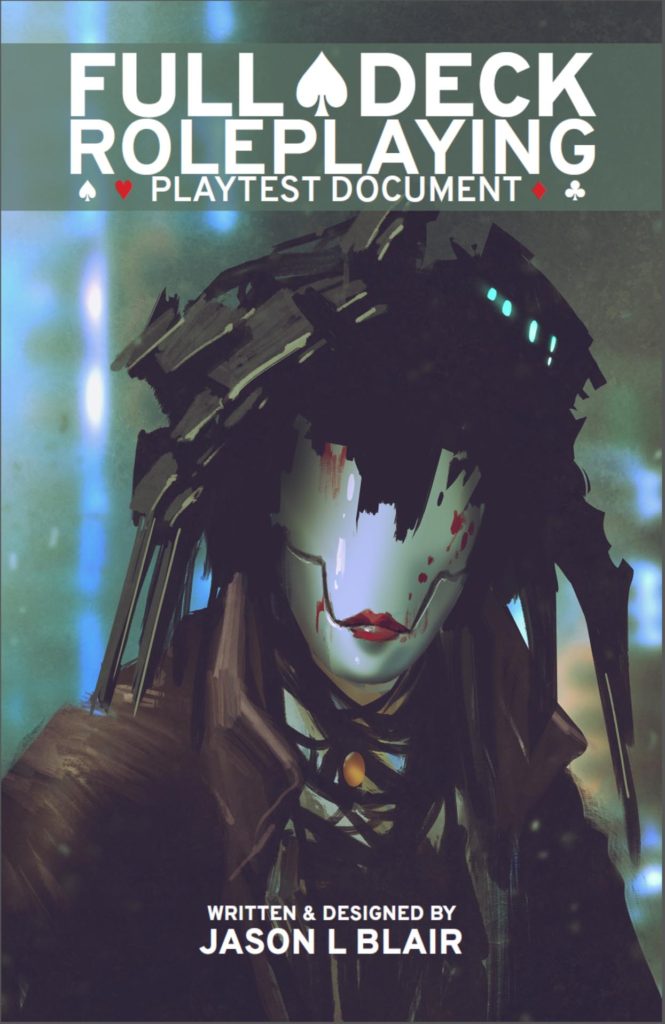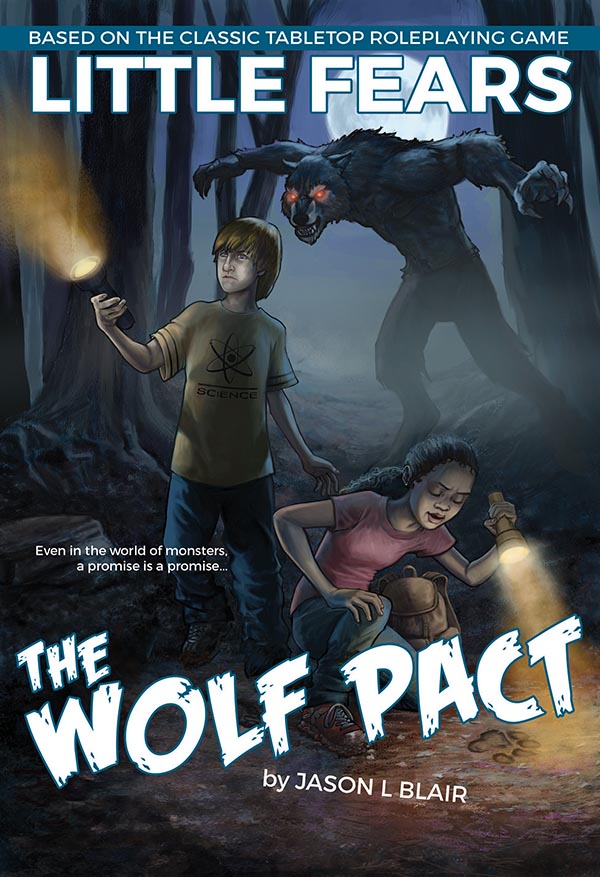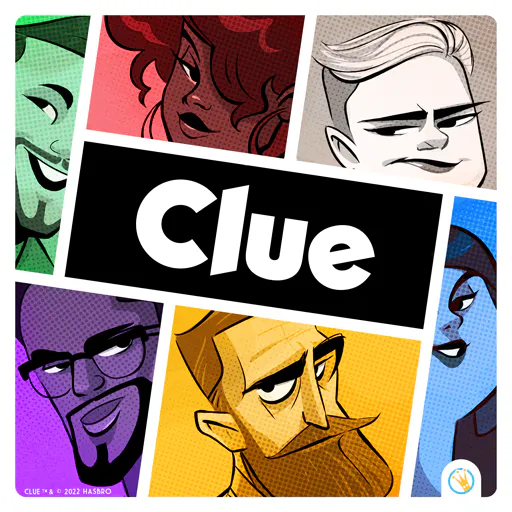-
Latest Posts
-
Latest Releases


My Sites
Tags
- adventure gamers
- agents of mayhem
- buried tales
- character collection
- comics
- conduit 2
- don't walk in winter wood
- dream project
- esoterrorists
- essays
- eulogy
- fiction
- friends
- gdc
- gencon
- haunted
- high voltage
- human head
- interviews
- kickstarter
- little fears
- movies
- nominations
- non-fiction book
- one-year plan
- operation: awesome
- pandemic
- pc games
- podcasts
- point-and-click
- prey 2
- ps2
- ps3
- ps4
- rpgs
- saints row iv
- streets of bedlam
- tales of the far west
- the bones
- transmedia
- video games
- volition
- wii
- xbox 360
- xbox one
Previously On…
- March 2025 (2)
- February 2025 (4)
- January 2025 (4)
- December 2024 (5)
- January 2024 (1)
- October 2020 (1)
- May 2020 (1)
- April 2020 (1)
- May 2019 (1)
- July 2018 (2)
- June 2018 (1)
- April 2018 (1)
- February 2018 (1)
- November 2017 (1)
- August 2017 (1)
- July 2017 (1)
- June 2017 (1)
- June 2016 (4)
- May 2016 (1)
- June 2015 (1)
- February 2015 (1)
- January 2015 (3)
- October 2014 (1)
- August 2014 (2)
- July 2014 (1)
- May 2014 (3)
- January 2014 (1)
- December 2013 (3)
- October 2013 (2)
- September 2013 (1)
- August 2013 (3)
- July 2013 (1)
- June 2013 (2)
- April 2013 (1)
- March 2013 (3)
- February 2013 (2)
- January 2013 (1)
- December 2012 (1)
- October 2012 (1)
- September 2012 (1)
- August 2012 (1)
- July 2012 (2)
- June 2012 (2)
- April 2012 (2)
- March 2012 (2)
- January 2012 (5)
- December 2011 (5)
- November 2011 (1)
- October 2011 (2)
- July 2011 (1)
- June 2011 (1)
- May 2011 (3)
- April 2011 (2)
- March 2011 (2)
- February 2011 (1)
- January 2011 (1)
- December 2010 (2)
- November 2010 (3)
- October 2010 (2)
- September 2010 (4)
- August 2010 (5)
- July 2010 (5)
- June 2010 (4)
- May 2010 (2)
- April 2010 (1)
- March 2010 (8)
Friends' Sites
- Aaron Rosenberg
- Adam Jury
- Chris Pramas
- Chuck Wendig
- Daniel Solis
- Ed Lima
- Flames Rising
- GamePlayWright
- Gareth Hanrahan
- Gareth-Michael Skarka
- James Maliszewski
- Jared Sorensen
- Jeff Tidball
- Jon Leitheusser
- Josh Neff
- Kenneth Hite
- Kevin Riepl
- Matt Forbeck
- Matt Kulka
- Matt Snyder
- Matthew Breit
- Matthew Laznicka
- Monica Valentinelli
- Paul Jessup
- Sarah Newton
- Team Preston
- Veronica V. Jones
Monthly Archives: June 2010
Preparing to be Awesome
A couple weeks ago, I mapped out the basics of my plan to reprogram myself as a writer. It’s a process I call “Operation: Awesome” because that’s an incredibly uninspired and pretentious title and nothing amuses me more than uninspired … Continue reading
Rattling THE BONES
Last September, I managed to convince the folks at Gameplaywright that I was worthy of being included in their next book. Their previous publication, the well-received Things We Think About Games, was buzzing around the gamer zeitgeist with supersonic speed … Continue reading
I’m Writing CONDUIT 2
Which I knew. But it wasn’t general knowledge until this morning when developer High Voltage Software revealed the fact at a closed-doors presentation that included the Wii-exclusive FPS amongst its other titles. WiiNintendo.net has the brief here, if you want … Continue reading
Operation: Awesome
Earlier this year, I kicked off Operation: Awesome, a multi-phase attempt to reprogram myself as a writer. I had spent far too much of my life under this delusion that the traditional rules of writing and story didn’t apply to … Continue reading

